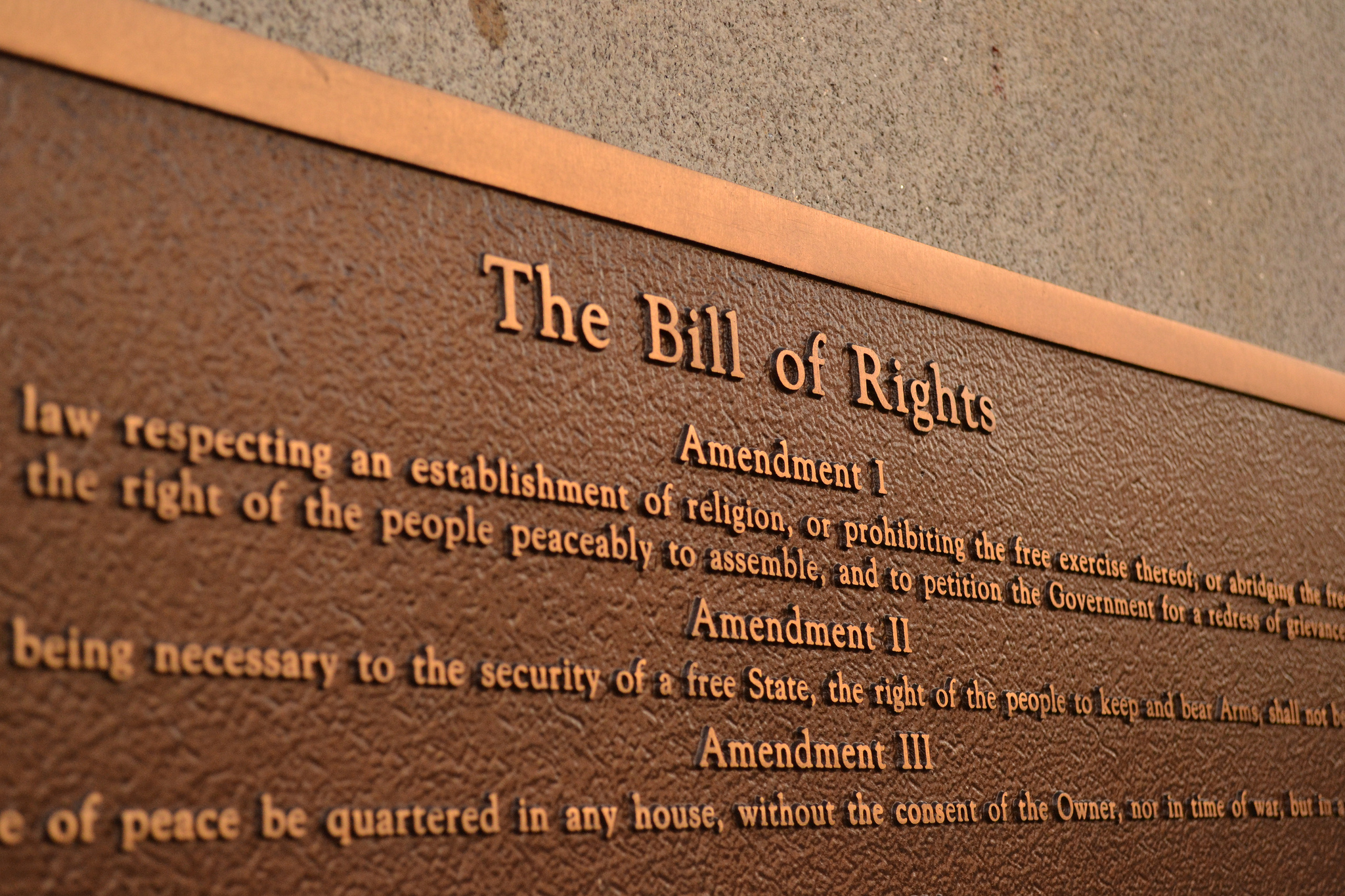In a recent Michigan court case, a federal judge has sided with a local funeral home in a ruling the Human Rights Campaign has described as a “dangerous precedent.”
What makes this case so dangerous? In the court proceedings, the funeral home owner — accused of committing sexual identity discrimination — openly admitted that he had indeed discriminated.
U.S. District Judge Sean Cox acknowledged that admission in his ruling. The funeral owner, Judge Cox noted, fired one of his transgender employees, Aimee Stephens, because they “intended to ‘dress as a woman’ while at work.”
No big deal, the judge went on to conclude. Title VII of the Civil Rights Act, he ruled, does not protect Stephens — or any other LGBTQ American — from discrimination.
This ruling powerfully reminds us just how inconsistently and unintelligibly our legal system is interpreting and enforcing laws meant to protect human rights for all Americans.
This ruling comes at a time of tense racial division and staggering income inequality, in a nation where the education system is failing far too many and those at the lower end of the income scale face rampant food insecurity and epidemic hopelessness.
Amid all this, our national discourse around human rights and social justice remains stuck in the initial discussion phase. In a nation where police almost routinely slay black men, where the War on Drugs equates to the war on poor communities of color, and where the richest .01 percent of Americans make more money that the bottom 50 percent, we still lack the enforceable laws needed to safeguard basic human rights.
But a tangible, practical approach to building a 21st century human rights agenda is within our reach. For the beginning of a solution, we need only look back into U.S. history — to President Franklin D. Roosevelt’s 1944 State of the Union Address.
In that address, FDR proposed a second Bill of Rights, an Economic Bill of Rights. All Americans, the President said, should enjoy six basic rights: a job, adequate food and clothing, a home, adequate medical care, economic security, and a decent education.
Only weeks after his speech, President Roosevelt fell sadly ill and passed away. But his wife Eleanor continued his work. She refocused his charge and built a foundation for the United Nation’s Universal Declaration of Human Rights.
To date, 185 countries have signed this Declaration, and 130 nations have ratified two accompanying Declaration treaties, the International Covenant on Civil and Political Rights and the International Covenant on Economic, Social and Cultural Rights. The U.S. Congress has yet to ratify the second of these treaties, an agreement that would afford citizens the right to work, livable accommodations, and a quality education — echoing FDR’s proposed second Bill of Rights.
Lawmakers in Congress ought to be talking about expanding these treaties to include expanded human rights mandates for LGBTQ and other marginalized communities. Instead, they have failed to ratify the most basic of economic, civil, and cultural protections. But I don’t find their failure surprising. It’s a failure that provides justification for Aimee Stephen’s termination, rewards law enforcement officers for racial profiling, and blames the poor for their circumstances beyond their control.
The United Nations Declaration of Human Rights also holds that nations should eliminate all forms of slavery. In the United States, we really haven’t yet. As New Economy Maryland Fellow Lauren Karaffa recently noted, slavery still proliferates under the veil of the American criminal justice system.
I am abundantly grateful for my right to free speech, freedom of press, and the uninhibited opportunity to practice any religion of my choosing. Our Bill of Rights guarantees Americans all these essential freedoms.
But I wonder why health care, education, and basic shelter have been excluded from our basic rights, excluded from the U.S. constitution. As things stand today, I have the right to own a gun, but not to basic necessities of life.
Local and state governments around the United States need to finish what Congress has refused to do. They need to enact local and state Economic Bills of Rights to redefine human rights for the 21stcentury.
As a proud Baltimore City resident and lifelong Marylander, I would love nothing more than to see my city and my state lead the way.
